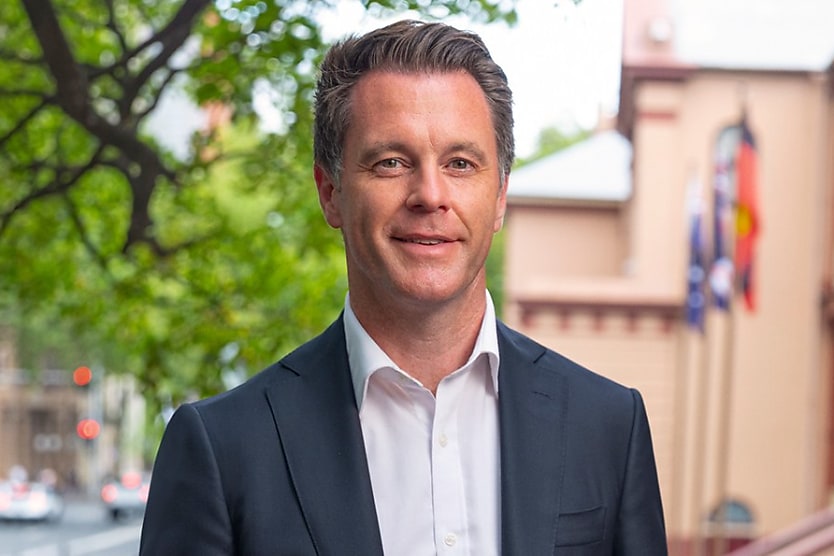Sydney train shutdown called off: Government caves to union’s demands
SHARE THIS ARTICLE

After critical negotiations between the NSW government and the Rail, Tram, and Bus Union (RTBU), a shutdown of the Sydney train network has been avoided.
Previously characterised as a “difficult and messy” situation by Transport Minister Jo Haylen, the RTBU originally instructed their members to commit to a four-day standdown, ceasing transport for nearly 1 million daily commuters across Sydney.
After numerous calls for a compromise, The Guardian has reported that after negotiations between Premier Chris Minns, Minister Haylen, and RTBU secretary Toby Warnes, an agreement was reached that will see the union call off the strike and instead presume 24-hour services over the period that was originally forecast to be shut down.
Earlier in the week, the RTBU insisted on operating 24-hour train services throughout the weekend instead of a strike, but the government did not oblige, offering to run only the Strathfield to Hornsby line for 24 hours. RTBU secretary Warnes claimed it was an example of the government choosing to shut the network down.
“This weekend would have been the perfect time to run 24-hour public transport, but rather than deliver services for the people of NSW, the NSW government is attempting to shut everything down,” Warnes said.
Minister Haylen returned serve, arguing: “If we continue to try and run 24-hour services over the weekend, the fact is it will eventually lead [to] the failure of our rail network.”
It’s now evident, however, that Minister Haylen was willing to compromise on this claim to get commuters back on the trains.
Numerous critics spoke out against the union for holding the state “to ransom” with their decision to strike. Business NSW chief executive Daniel Hunter, Business Western Sydney executive director David Borger, and Business Sydney executive director Paul Nicolaou were just some of the detractors who took aim at the union.
“The ripple effect of the irresponsible and damaging train strike action will cost jobs, hurt essential services and is a kick in the guts for hard-working businesses. Our state is being held to ransom in an act of economic sabotage,” said Hunter, Borger, and Nicolaou.
“Based on last year’s November train usage, the proposed strike over Friday and Saturday would impact over 1.5 million trips. Business NSW economic analysis reveals the total loss of economic activity to the state is at least $50.7 million.”
“White-collar workers have the advantage of being able to work remotely. However, many of the 415,000 people employed in the retail sector and 306,000 people employed in the hospitality sector won’t be able to perform their duties remotely.”
Before the agreement was met, a constant talking point was the sheer busyness this weekend poses. With the holiday and Christmas season approaching, as well as other major events, a shutdown of transport service would have caused a number of issues.
“Christmas and Black Friday trade is a make-or-break period for business, yet hundreds of business owners have already been flooded with cancellations and will be hit by lost foot traffic. There is also the damage this [has] done [to] our hard-working tourism industry.
“The Pearl Jam concert, six A-League double-headers, the James Blunt concert; the economic damage and chaos is just devastating,” said Hunter, Borger, and Nicolaou.
Although the initial strike has been avoided, Minns has stated that intensive bargaining will begin between the government and the union.
“Intensive bargaining will begin between the government and unions in NSW over the next two weeks, with a view from all sides to get a long-term deal across the unions that cover rail in the state that will last multiple years,” said Minns.
Minister Haylen apologised to commuters for the disruption: “We apologise for the uncertainty that this presented for passengers across the weekend and that people have had to make alternative arrangements.”
“We’re really pleased to be able to work constructively with the workforce, not only to provide those services but also to maintain our network health.”
Kace O'Neill
Kace O'Neill is a Graduate Journalist for HR Leader. Kace studied Media Communications and Maori studies at the University of Otago, he has a passion for sports and storytelling.

